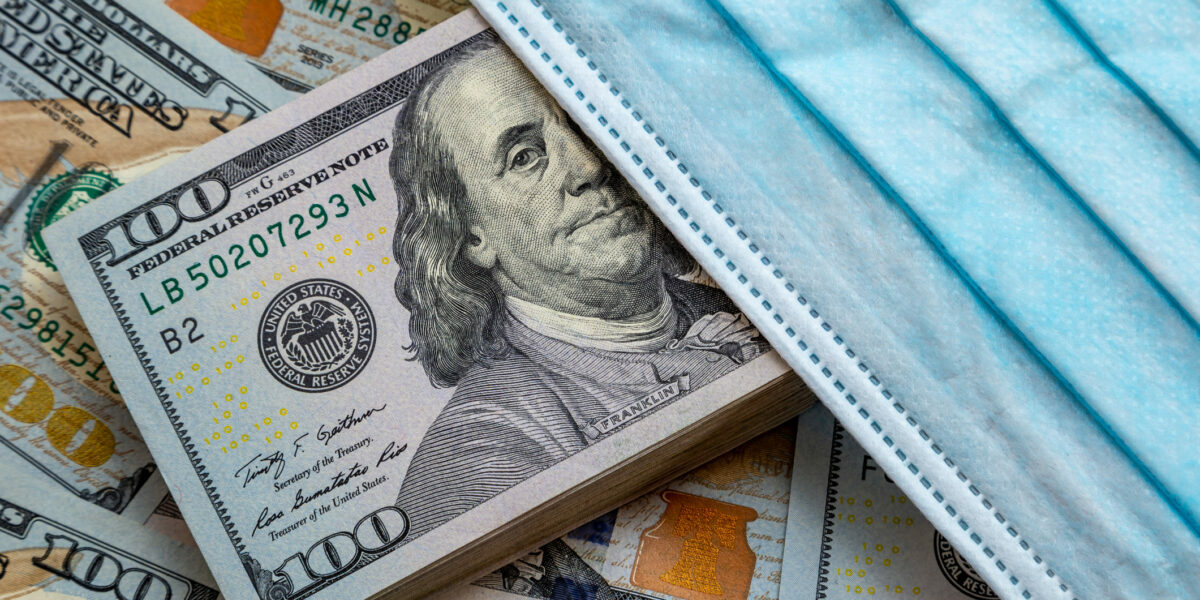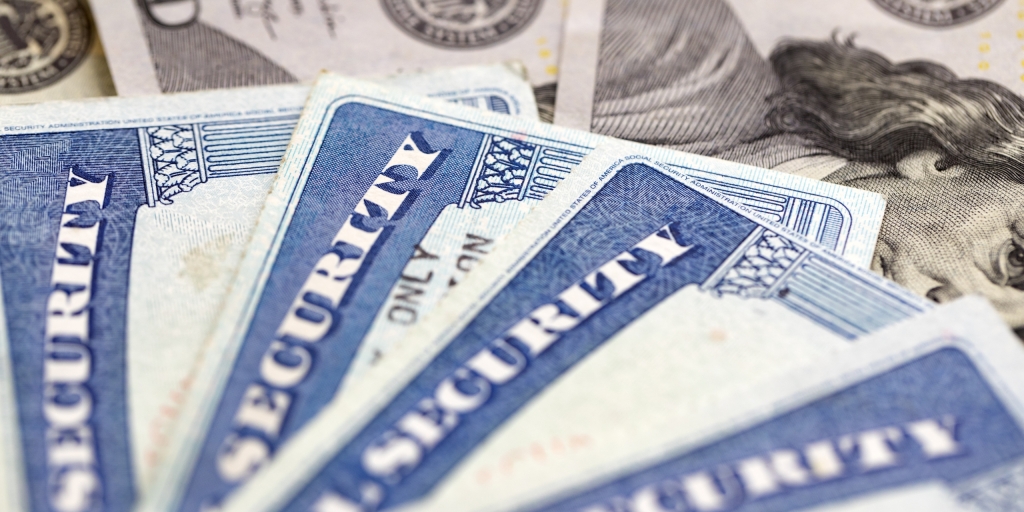The 2022 Economic Freedom of the World report confirms what many economists suspected: COVID-19 took a toll on economic freedom in addition to its other impacts. We have lost a decade of progress on freedom.
Economic freedom refers to individuals’ ability “to decide how to use their time and their talents to shape their lives.” Our freedom is grounded in self-ownership, which requires effective control or decision rights. To truly own your life, you must be able to make decisions without permission from parents, siblings, or government bureaucrats.
The EFW index quantifies how closely an economy approaches the ideal of free markets. The index measures how government policies affecting buying, selling, and operating businesses. Higher taxes, more government spending, and more regulation shift decisions to government officials, reducing economic freedom.
Thirty years ago, Canada’s Fraser Institute started measuring this. The EFW index now includes 42 variables grouped into five categories: size of government, legal system and property rights, the availability of sound money, freedom to trade internationally, and regulation. Scores are calculated on a scale from 0 (least) to 10 (most freedom) for each area, and a country’s score averages the area scores.
Each year’s report uses data from two years earlier due to reporting lags. The scores I discuss here are from 2020. U.S. freedom fell from 8.25 in 2019 (5th) to 7.97 (7th). Of the 165 rated countries, Hong Kong ranked first with a score of 8.59 and Venezuela last at 3.32. Our score fell in each of the five areas, with the largest declines in the size of government and regulation. America’s economic freedom is now at its lowest since the 1970s.
Economic freedom declined across the globe in 2020. The world average score fell from 7.00 to 6.84. While this may not seem large, the world is back to its 2009 level.
America’s rank would have fallen more if countries behind us, such as Canada and Britain, had not also declined.
Further declines seem likely. Our current inflation is not yet reflected in our money score, while Federal spending has continued to rise under President Biden.
Still, the EFW index does not fully capture the impact of COVID lockdowns because governments had never closed “non-essential” businesses or issued “stay-at-home” orders. There was no need to measure never-tried policies.
Economists Vincent Miozzi and Ben Powell of the Free Market Institute at Texas Tech University propose in a new paper adjusting the EFW for lockdowns. They start with 11 COVID policy measures and drop ones unrelated to economic freedom or already captured by the index (e.g., international travel restrictions). When possible, they calculate national scores based on state or province scores. This yields a COVID freedom score, which they use to adjust the EFW regulation area score. They propose two formulas; I will only discuss their results weighing pandemic restrictions more heavily.
For consistency with the EFW, Miozzi and Powell score COVID freedom on the same 0 to 10 (most freedom) scale. 2020 COVID freedom scores range from 10.0 (Burundi) to 1.54 (Argentina); the United States ranks 71 st at 5.36. Less developed nations generally have higher COVID freedom scores while developed countries imposed stricter lockdowns.
Some nations’ scores are surprising though. Taiwan and Japan ranked 3rd and 4th on COVID freedom, so not all developed nations locked down. New Zealand and China ranked 13 th and 22 nd despite their draconian measures. New Zealand initially relied on strict international travel restrictions, only imposing strict domestic lockdowns in 2021. China’s extremely authoritarian measures were applied regionally during high local transmission; national policies were not terribly strict.
Adjusting for COVID restrictions reduces the U.S.’s freedom score to 7.22, which ranks 14th. Hong Kong remains the freest, while Australia falls from 6th to 23rd and Sweden rises from 33rd to 10th.
COVID responses had enormous societal consequences beyond the virus’ illnesses and deaths. Education economists predict that school closures’ learning losses will persist for years or possibly decades. We will see if the costs of lost economic freedom persist similarly.
Daniel Sutter is the Charles G. Koch Professor of Economics with the Manuel H. Johnson Center for Political Economy at Troy University and host of “Econversations” on TrojanVision. The opinions expressed in this column are the author’s and do not necessarily reflect the views of Troy University.











